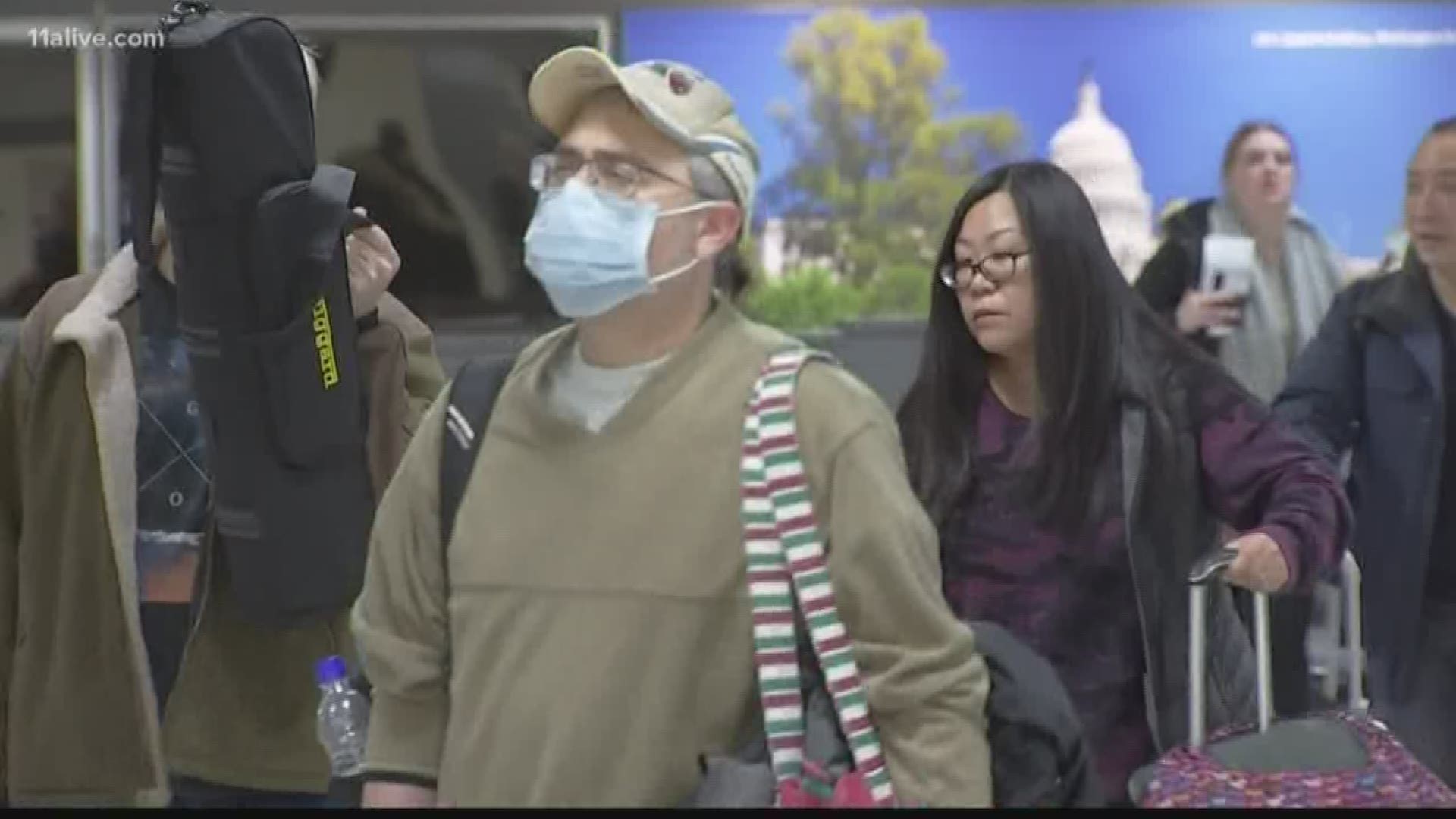ATLANTA — With more cases of the Coronavirus reported in the U.S., some might wonder, if you get sick, do you go to the emergency room or to urgent care?
First, a quick reminder of the Coronavirus symptoms: fever and cough, together with shortness of breath. The symptoms can show up anywhere from 2 days up to 14 days after exposure.
It’s most dangerous in people over 65, or someone who has a chronic illness or a weak immune system. 80 percent of patients will have a mild infection and experts think some may never show symptoms.
Since Coronavirus symptoms can be like the cold or flu, the CDC recommends seeing a professional.
So, back to the original questions. Urgent care or emergency room?
Typically, the CDC recommends going to urgent care or contacting your doctor if you have the flu or a cold.
Go to the ER if you have extreme symptoms; extremely high fever, rash, vomiting, difficulty breathing or a combination of severe symptoms.
So urgent care is recommended over the ER unless you have severe symptoms.
The CDC also recommends if you’re going to your primary doctor, to call ahead and let them know you think you suspect Coronavirus symptoms. That way they can prepare themselves to keep others from getting exposed.
Same thing if your symptoms are severe and you call an ambulance; let them know if you think you have a contagious illness.
Now, can someone get the Coronavirus twice?
Health professionals, like Dr. Sujatha Reddy tend to agree, if you get it or have prolonged exposure to it, you should be fine.
“Like any other virus, once you produce antibodies, you should be protected from it in the future,” said Dr. Reddy.
Cases of reinfection were reported by pneumonia specialists in Japan and a few cases as well in China. But, now health experts are looking to see if those patients were actually reinfected or if the cases were a continuation of the original infection.
To keep yourself healthy overall, The Georgia Department of Public Health has listed some best practices to follow:
Wash your hands often with soap and warm water for at least 20 seconds. If soap and water are not available, use an alcohol-based hand sanitizer.
- Avoid touching your eyes, nose, and mouth with unwashed hands.
- Avoid close contact with people who are sick.
- Stay home when you are sick.
- Cover your cough or sneeze with a tissue, then throw the tissue in the trash.
- Clean and disinfect frequently touched objects and surfaces.
"Wash your hands and get a flu shot, I'll keep saying it every time I see you," said Dr. Kathleen Toomey, Georgia DPH commissioner and the chair of the Coronavirus Task Force.
RELATED CORONAVIRUS HEADLINES |

